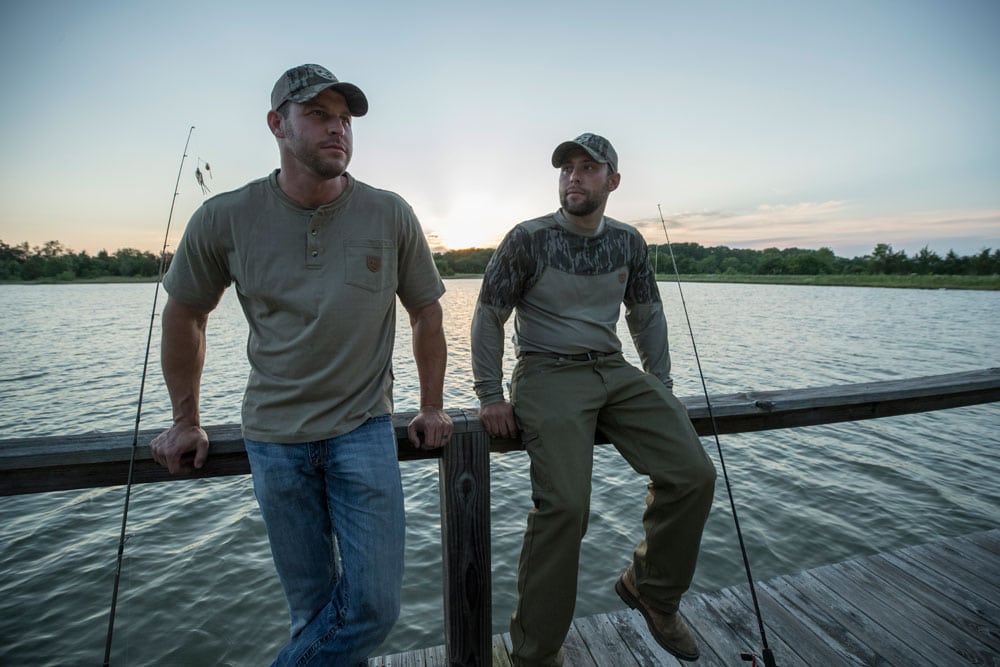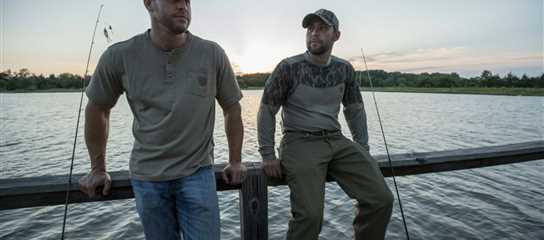As a professional real estate agent, I frequently get calls from consumers asking questions about real estate and the buying and selling of it. I have listed below some of these questions. The answers I have written are general and brief and as I have suggested, you will need to consult a legal expert for more detailed information.
Dear Land Guy,
What considerations do you make regarding ‘water rights’ when purchasing a property? LB, Florida
This is a great question! Water is a critical component of a piece of property. We can experience both ends of the spectrum as it relates to the lack, or the abundance, of one of the most precious resources we have. Everything we do in managing wildlife and the success stemming from that management can hinge on water or the lack thereof. We oftentimes take water for granted if there is an adequate amount to serve our needs and we covet it if it is scarce. With all that said, the economic principal of scarcity comes into play with water as it relates to the value of a property.

Land values can be greatly affected by the availability or lack of water. For example, in many western states where water is scarce, the value of a property can be impacted greatly by the presence of a viable water source. While many of these states have strict laws regarding the usage or capture of this water, the presence of water increases a property’s value from a wildlife standpoint.
On the flip side, if a property is too wet, then it can make access difficult, as well as limit cash flow opportunities such as timber growth. While waterfowl hunting is one opportunity that can stem from an overabundance of water, you can certainly see cases in which the value is negatively impacted by water.
The availability of water certainly affects the gamekeeper’s ability to manage wildlife. It can be challenging and costly to the landowner to try to create a water source or correct a problem with one. Correcting an overabundance or scarcity of water can become major capital investments. If you do not think water is important, then buy a piece of property without it and try to manage it for wildlife or keep the wildlife on the property.
Water also allows for a number of recreational opportunities for landowners trying to diversify their property and provide 365-day enjoyment. Having a lake on the property not only provides water for the resident wildlife but gives the owner and their family and friends year-round entertainment of fishing and boating. A lake can take a property from a pure “hunting” tract and transform it into a “lifestyle” tract, which can substantially increase the value of the property should you wish to sell it in the future.
Additionally, the ability to control water is very important. If you are building a waterfowl impoundment, being able to flood or remove water at the opportune time can be a huge determinant in your success during duck or goose season. While waterfowl impoundments are not feasible on every property, and can be costly in certain cases, where practical, they can add another recreational activity to enjoy and impact the value of the property.
Keep in mind that there are government agencies that have to regulate certain aspects of the control of water. Landowners should consult with their local NRCS (Natural Resources and Conservation Services) office as well as the U.S. Army Corps of Engineers before doing anything that may affect a wetland or the natural water flow on your property. As a potential buyer, you need to calculate your water needs prior to purchasing a property, and make sure the property you are considering can accommodate those needs after you purchase the property. In many cases, the soils of a tract make it impossible to build the big lake you dream about.
Therefore, to summarize, water can be very important when evaluating a property, and even more so on the wildlife that call that property home. I have a friend who has managed his property as well as anyone I know; in my opinion he is the “ultimate gamekeeper.” When you ask him about the importance of water, he cites the summer of 2005, one in which he experienced a tremendous drought. The next hunting season he got pictures of all the trophy deer he had been managing for many years – all killed on his neighbor’s property.


